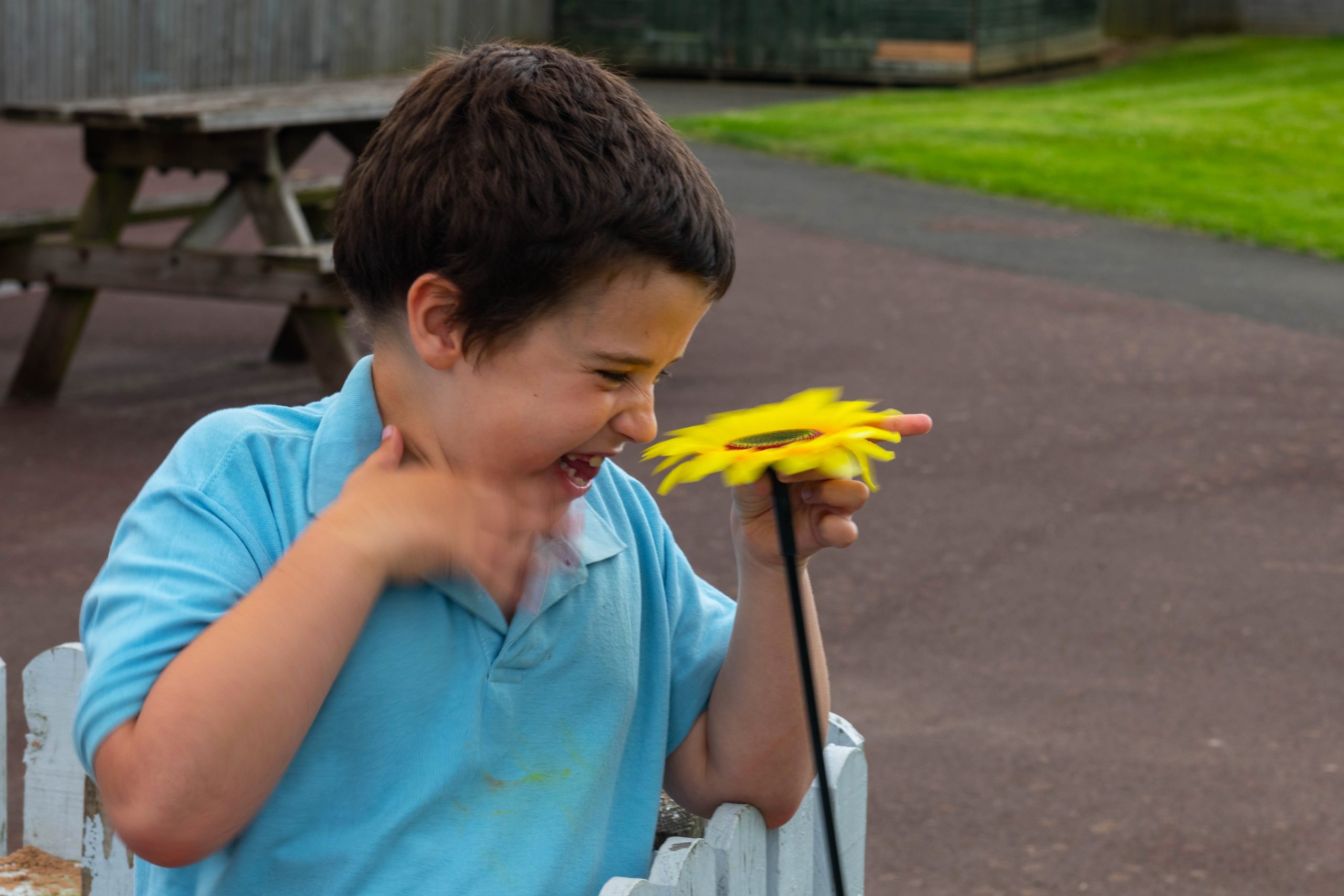Traditional outreach from special schools into mainstream has become problematic.
‘We’ve done everything on the list. Can we have some support now?’
Outreach is intended as a mechanism for expertise in specialist settings to be shared with mainstream colleagues in the hope that pupils with SEND can be better supported in situ – This is a good and fair intention.
In my experience, outreach is typically an isolated, one off, event. A morning spent observing and assessing with the subsequent report filled with recommendations for the SENCo and teacher to implement.
One problem with this model is that it is counter to what we know about learning.
Learning is complex, difficult to see and happens over time. Why then, do we assume specialist colleagues are able to create worthwhile recommendations from a single visit?
It’s certainly feasible that recommendations about the physical environment or obviously unhelpful practice, is possible from a single visit – but typically, this ‘low hanging fruit’ have already been identified by colleagues within the school or trust (not all the time).
A secondary problem with this model is perception. The recommendations made are usually through the lived experience of the specialist i.e given within the context they know (often different to the context they’re commenting on). This can lead to the rhetoric: ‘It’s easy for them to say…’
Because the visits are usually fleeting, the recommendations can be seen as ‘top-down’ rather than conversational – which gives the perception of undermining the teacher’s (or SENCo’s) professionalism. The context from which the ‘expert’ is visiting differs from their own which presents barriers.
For this reason, outreach reports can quickly lose their power and become fodder for EHCP applications etc. They’re another proof of failure so they can access the ‘real support’.
‘We’ve done everything on the list. Can we have some support now?’
This is an example of the meritocratic society in which we live. Proof of repeated failure in a narrow criteria is required to access support.
Mainstream colleagues tell me the most successful experience with outreach is when it is prolonged over time, is done in partnership with staff who know the pupil well and, like all good scaffolds, is removed gradually over time.
Personally, I think special schools and specialist provision should sit at the heart of the education system. Not something that comes swooping from the outside-in but a crucial component setting the rhythm for the society in which we want to live.
Phil Leaney
